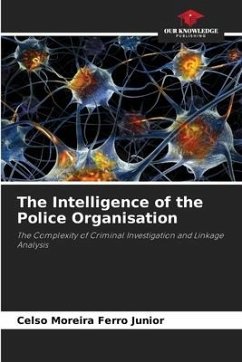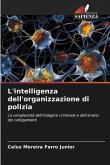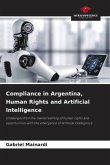The axiom that ease of access to information enables face-to-face interaction between people in different territorial corners also allows us to state that there is nothing more distributed and widespread than information today. There is no longer a stable world, based only on individual experiences, which seeks to explain phenomena empirically and answer all questions. Hence the need for organisations to develop technological structures and, through the Intelligence activity, to increase the capacity to solve problems, to make more accurate diagnoses towards the current reality and with the context vision. In the new era, determining factors of change in society are associated with speed, connectivity, intangibility (Davis, Meyer, 1999) and environmental complexity (Mintzberg, 2003). These factors influence the way people interact and the efficiency of organisations. In the same sense, crime acquires new characteristics of organization, planning, diversification of activities, performance without territorial limits, ease of communication and access to information. Criminal actions have presented themselves prevalent to the capacity of the State.
Bitte wählen Sie Ihr Anliegen aus.
Rechnungen
Retourenschein anfordern
Bestellstatus
Storno








